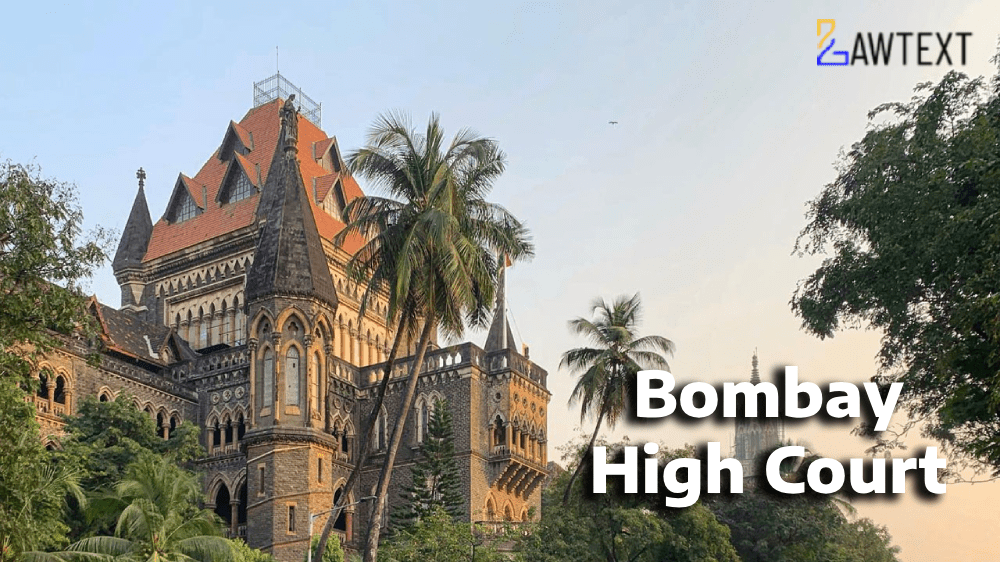

Disputes over a property transaction. It examines arguments made by both parties concerning jurisdiction, admissions, and the application of legal provisions like Order 12 Rule 6 of the Civil Procedure Code (CPC) and Section 79 of the Real Estate (Regulation and Development) Act (RERA). The appellate court's decision hinges on whether certain statements constituted binding admissions and whether the court had jurisdiction to entertain the suit.
Introduction and Context
Legal Principles and Case Law
Specific Admissions Considered
Jurisdictional Challenge and Limitation
Conclusion and Decision
Citation: 2024 LawText (BOM) (6) 143
Case Number: COMMERCIAL APPEAL (L) NO. 16271 OF 2023 IN NOTICE OF MOTION NO. 2393 OF 2019 WITH INTERIM APPLICATION (L) NO. 16283 OF 2023
Date of Decision: 2024-06-14
Case Title: Siroya FM Constructions Pvt. Ltd. Ors. Versus Sunil Krishnan Anand Ors.
Before Judge: G.S.KULKARNI & FIRDOSH P. POONIWALLA,J.
Advocate(s): Mr. Chetan Kapadia, Sr. Adv. a/w Ms. Prachi Khandge, Ms. Swati Chheda i/b Ridhima Mangaonkar for Appellant / Applicant., Mr. Gauraj Shah a/w Mr. Shahzad Ansari, Mr. Manohar Shelar, Mr. Omar Khaiyam Shaikh forRespondent in COMAPL/16271/2023. Ms. Pooja Jhaveri i/b Katariya and Associates for R. No. 4 in COMAPL/18202/2023.
Appellant: Siroya FM Constructions Pvt. Ltd. Ors.
Respondent: Sunil Krishnan Anand Ors.